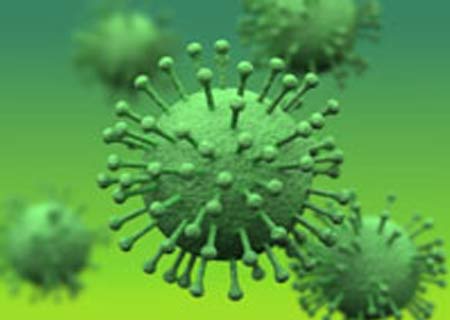Remember a report related to microbes restricting baby allergy released last year? Along the same lines, scientists from the Brigham and Women’s Hospital have revealed that childhood exposure to germs holds the key to a balanced immune system.
The phenomenon is termed as the hygiene hypothesis and this analysis sheds light on the complete mechanism. While one set of mice was exposed to microbes in their environment, the other group was conditioned to live in surroundings free of bacteria.
Dr. Richard Blumberg, chief for the BWH Division of Gastroenterology, Hepatology and Endoscopy, and co-senior author, in collaboration with Dr. Dennis Kasper, director of BWH’s Channing Laboratory and co-senior author, commented, “These studies show the critical importance of proper immune conditioning by microbes during the earliest periods of life. Also now knowing a potential mechanism will allow scientists to potentially identify the microbial factors important in determining protection from allergic and autoimmune diseases later in life.”
As per the observations, germ-free mice seemed to experience severe inflammation thereby leading to allergies like asthma and colitis. On the other hand, when the germ-free mice lived in settings with microbes at an earlier stage of life, they developed an effective immune system. The latter apparently helped they keep diseases and allergies at bay as they grew up. Moreover, this effect appeared to be long lasting too.
The aforesaid findings clearly indicate that certain germs may be beneficial. However, further studies are required to demonstrate a similar influence in humans. The research is published in the journal, Science.

